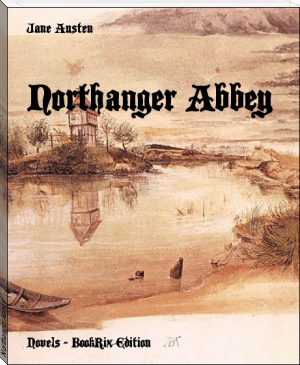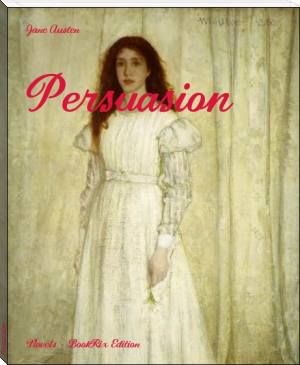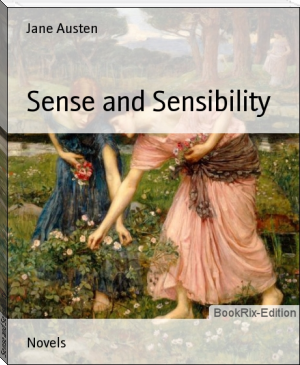author - "Jane Austen"

Bennet," as she entered the room, "we have had a most delightful evening, a most excellent ball. I wish you had been there. Jane was so admired, nothing could be like it. Everybody said how well she looked; and Mr. Bingley thought her quite beautiful, and danced with her twice! Only think of that, my dear; he actually danced with her twice! and she was the only creature in the room that he asked a second time. First of all, he asked Miss Lucas. I was so vexed to see him stand up with her! But, however, he did not admire her at all; indeed, nobody can, you know; and he seemed quite struck with Jane as she was going down the dance. So he inquired who she was, and got introduced, and asked her for the two next. Then the two third he danced with Miss King, and the two fourth with Maria Lucas, and the two fifth with Jane again, and the two sixth with Lizzy, and the Boulanger--"
"If he had had any compassion for me," cried her husband impatiently, "he would not have danced half so

Description
At the age of 10, Fanny Price, the daughter of a poor Portsmouth family, is sent to live with her wealthy uncle’s family, the Bertrams, at the country estate of Mansfield Park. The Bertrams treat her cruelly at first, and Fanny has trouble fitting in. Her female cousins, Maria and Julia, are fashionable and vapid, and her elder male cousin, Tom, is a drunk. The only family member she feels a connection to is the younger Edmund, who is preparing for life in the clergy.
When her uncle leaves to manage business in Antigua, Henry and Mary Crawford, siblings from the region, come to live at Mansfield Park as well. Their arrival begins a series of romantic engagements that strains the entire family’s relationships.
Mansfield Park is unusual in that despite it being a great public success, with the first edition selling out in six months and a second edition selling out two years later, it wasn’t publicly reviewed until 1821, seven years after it was first published. Contemporary reviews were generally good, praising the novel’s morality. Modern reviews are more mixed, making it one of Austen’s more controversial works. Modern critics have called it everything from eccentric and difficult to thoughtful and profound, with any number of interpretations possible depending on the lens one views the work through.

Bennet," as she entered the room, "we have had a most delightful evening, a most excellent ball. I wish you had been there. Jane was so admired, nothing could be like it. Everybody said how well she looked; and Mr. Bingley thought her quite beautiful, and danced with her twice! Only think of that, my dear; he actually danced with her twice! and she was the only creature in the room that he asked a second time. First of all, he asked Miss Lucas. I was so vexed to see him stand up with her! But, however, he did not admire her at all; indeed, nobody can, you know; and he seemed quite struck with Jane as she was going down the dance. So he inquired who she was, and got introduced, and asked her for the two next. Then the two third he danced with Miss King, and the two fourth with Maria Lucas, and the two fifth with Jane again, and the two sixth with Lizzy, and the Boulanger--"
"If he had had any compassion for me," cried her husband impatiently, "he would not have danced half so

Description
At the age of 10, Fanny Price, the daughter of a poor Portsmouth family, is sent to live with her wealthy uncle’s family, the Bertrams, at the country estate of Mansfield Park. The Bertrams treat her cruelly at first, and Fanny has trouble fitting in. Her female cousins, Maria and Julia, are fashionable and vapid, and her elder male cousin, Tom, is a drunk. The only family member she feels a connection to is the younger Edmund, who is preparing for life in the clergy.
When her uncle leaves to manage business in Antigua, Henry and Mary Crawford, siblings from the region, come to live at Mansfield Park as well. Their arrival begins a series of romantic engagements that strains the entire family’s relationships.
Mansfield Park is unusual in that despite it being a great public success, with the first edition selling out in six months and a second edition selling out two years later, it wasn’t publicly reviewed until 1821, seven years after it was first published. Contemporary reviews were generally good, praising the novel’s morality. Modern reviews are more mixed, making it one of Austen’s more controversial works. Modern critics have called it everything from eccentric and difficult to thoughtful and profound, with any number of interpretations possible depending on the lens one views the work through.







